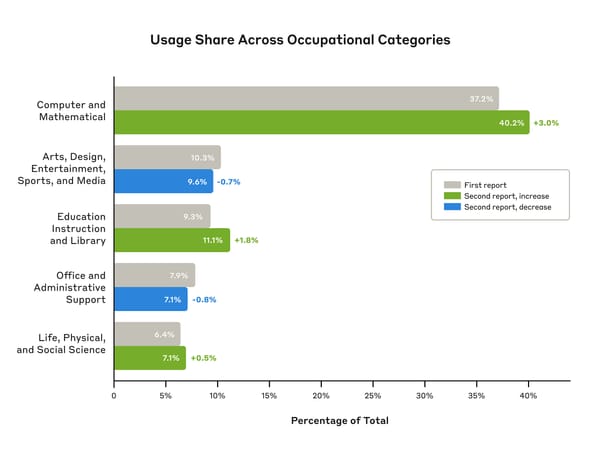Elon's paranoid purge
Q&A with Twitter engineer Eric Frohnhoefer, fired for correcting Elon Musk

The emails went out in the middle of the night.
“Hi,” they began. “We regret to inform you that your employment is terminated effective immediately. Your recent behavior has violated company policy.”
That behavior? Criticizing Musk, either publicly on Twitter or privately in Slack. Some of the roughly two dozen employees who were fired had simply expressed sympathy for three workers who Musk had fired for criticizing him the day before.
The new purge, which followed layoffs of 50 percent of Twitter’s full-time workforce and an 80 percent reduction in its number of contractors, reflects a growing paranoia in Musk’s inner circle, according to eight current and former employees. Musk has become obsessed with the idea that his employees might sabotage the site, they said, leading to near-total freeze on writing and shipping code and firings of anyone suspected of being disloyal.
In truth, several employees told me, the reality is the opposite: many workers are hanging on largely because they still believe in Twitter’s promise and feel a responsibility to keep the site up and running during a period of intense turmoil.
In any case, the resulting firings wiped out some of Twitter’s most senior engineering leadership. They also left employees scrambling to remove Slack posts and even emoji reactions that could be perceived as critical of the Musk regime, sources said.
Among those fired Tuesday was Yao Yue, a principal software engineer and 12-year employee of the company, who had tweeted “don’t resign, let him fire you” five days ago. “One of the absolute best engineers we had,” a current employee told me. “She is a legend in her area of expertise.”
The firings were jarring in part because they represented such a sharp departure from the Twitter of old. Under Jack Dorsey’s leadership, Twitter tolerated criticism to a fault — at times paralyzing the company. But under the mantra “communicate fearlessly to build trust,” employees posted candid feedback and even criticism of their bosses under the expectation that it would be received as constructive.
Moreover, the company is still at least nominally operating under the code of conduct that it had before Musk took over. That policy does not prohibit employees from criticizing company leadership, sources said. And so some of those fired on Tuesday said they had been fired for violating a “mystery policy” that no one had been aware of until today.
But that didn’t seem to bother Elon Musk, who ramped up his signature trolling today with snide jokes about the fired engineers. “I would like to apologize for firing these geniuses,” he snarled. “Their immense talent will no doubt be of great use elsewhere.” Later, he replied to a post from the notorious Libs of TikTok account that mocked another fired engineer who had criticized him on Twitter. “A tragic case of adult onset Tourette’s,” Musk tweeted.
@libsoftiktok A tragic case of adult onset Tourette’s
— Elon Musk (@elonmusk) 6:18 PM ∙ Nov 15, 2022
That brings us to Eric Frohnhoefer. An 8-year employee of Twitter, on Sunday Frohnhoefer waded into a conversation Musk had started about the service’s technical architecture.
Musk had tweeted an apology “for Twitter being super slow in certain countries.” He blamed this slowness on “poorly batched RPCs” — remote process calls — which, as we discussed here Monday, reflects a profound ignorance about how Twitter works. Musk also said he planned to unplug 80 percent of the microservices that power various parts of Twitter, saying they were unnecessary.
Frohnhoefer quote-tweeted Musk on Sunday afternoon:
I have spent ~6yrs working on Twitter for Android and can say this is wrong.
— Eric Frohnhoefer @ 🏡 (@EricFrohnhoefer) 9:14 PM ∙ Nov 13, 2022
Frohnhoefer followed up with a calm, polite, detailed thread about the actual reasons that Twitter can be slow. On Monday Musk tweeted that he had fired Frohnhoefer.
Musk later deleted the tweet.
On Tuesday I interviewed Frohnhoefer in a Google Doc. We talked about his job, how Musk changed Twitter’s culture, and whether comedy was in fact legal again on Twitter.
Casey Newton: So what did you do at Twitter, before all this happened?
Eric Frohnhoefer: I was a staff software engineer. I was the Android tech lead responsible for tweet rendering, tweet composer, tweet details, and a few other random pieces of the app. My personal focus was on performance and developer productivity. As I pointed out in my tweets, performance really drives key company metrics.





